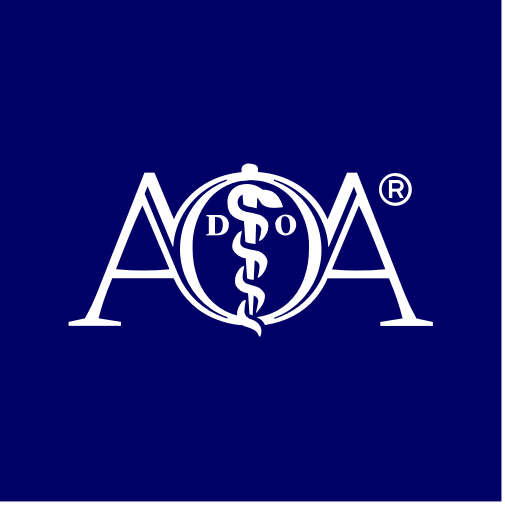
COURSE CREDITS & HOURS
16 AMA PRA Category 1 Credits™16 ACPE Credits
16.0 Contact Hours
COURSE FEES
TARGET AUDIENCE
PROGRAM PURPOSE
- Male Urological Emergencies
- Discuss time-related caveats in management of testicular torsion and renal colic
- CNS infections
- Discuss timing and alternatives to lumbar puncture in cases of suspected CNS infections
- Allergy and Anaphylaxis
- Appreciate the role of early epinephrine administration and early airway management in acute anaphylaxis and angioedema
- Abdominal pain and trauma
- Identify the limitations of physical exam and imaging studies in excluding some important abdominal pathologies
- Airway Management
- Discuss importance of preparation and pretreatment for successful airway management
- Manage airway in a variety of emergencies
- ENT emergencies
- Recognize and manage certain ENT emergencies with focus on rational and safe care
- Effectively manage common maladies such as epistaxis and recognize uncommon ones such as mucor
- Anticholinergics and organophosphates
- Discuss approach and management of intentional and iatrogenic anticholinergic and cholinergic toxicity
- Enable recognition of appropriate toxidromes, decontamination, and resuscitation
- Psychiatric Medicine Toxicity
- Evaluate for the presence of a toxidrome: vitals, mental status, pupils, mucous membranes, bowel sounds, urinary retention
- Psychiatric Medicine Toxicity
- Why is obesity everywhere and so hard to manage? Rational management considerations and strategies.
- Understand the demographics and penetration of weight issues as you see in your practice, inclusive of co-morbidities seen
- Explain the impact of obesity in the lives of your patients
- Understanding obesity surgery. Understanding the procedures, risks, and benefits.
- Discuss the historical and current bariatric interventional and surgical options for the non-surgeon
- Understand the potential use of these interventions for weight control
- Discuss the risks and benefits of bariatric surgery and treatment
- Discuss the goals, efficacy, and limitations of bariatric surgery
- How to manage bariatric surgery patients post and peri-operatively: behavioral changes, supplements, and understanding issues and complications that may arise.
- Effectively engage your bariatric surgery patients in their weight loss efforts
- Develop a patient-driven and empathetic approach to guiding your bariatric surgery patients in their health and weight-loss pursuits
- Create an interprofessional team to better serve your bariatric surgery patients' weight loss needs
- How to talk to your patients about their weight issues. How to guide them in their weight loss pursuits.
- Effectively engage your patients in their weight loss efforts
- Develop a patient-driven and empathetic approach to guiding your patients in their health and weight-loss pursuits
- Create an interprofessional team to better serve your patients' weight loss needs
- Myths vs. Science in Nutritional Trends: Approach for the Medical Professional
- Discussion of how to scientifically navigate the nutritional maze of popular diets and nutritional trends; The potential nutrition benefits and pitfalls of various dietary preferences and related patient concerns; Ways nutrition affects healthy lifestyles
- Cutting Edge Nutrition Innovation: A Personalized Approach
- How to critically evaluate nutrition tools that patients can use to promote optimal health; Review the “latest and greatest” nutrition applications and technologies that can be used to greatly improve patients' nutrition and health pursuits; Creation of personalized health plans based on unique, patient-specific plans, tests, and analyses
- Medical Nutrition Therapy: A Practical Approach to Diet and Disease
- Science-based Nutrition and Behavioral Guide to Treating “The Big” Medical Problems that are taking over your practice; Essential (and proven) strategies to help guide patients' diet and behaviors in the treatment of diabetes, cardiovascular disease, and GI health; Travel through the google-mess of what patients hear and why





































![The courtyard at in[n]Athens hotel. Guest room balconies overlook the serene space.](../images/Hotels/ht-innathens-1.webp)
![The check-in desk at in[n]Athens hotel. A staff member in a purple shirt works at a computer while he waits for the next guest to arrive.](../images/Hotels/ht-innathens-2.webp)
![Room service being delivered to a guest room at in[n]Athens hotel. A staff member in a beige shirt carries an open faced sandwich with prosciutto, lettuce, tomato, and a balsamic vinaigrette drizzle.](../images/Hotels/ht-innathens-3.webp)
![A common seating area at in[n]Athens hotel. Stools surround several tables, with bookshelves covered in trinkets built into the walls.](../images/Hotels/ht-innathens-4.webp)
![A lemon tree growing at the center of the courtyard at in[n]Athens hotel.](../images/Hotels/ht-innathens-5.webp)
![The view of the front of in[n]Athens hotel from across the street.](../images/Hotels/ht-innathens-6.webp)
![A guest room at in[n]Athens hotel featuring a large bed, a sofa, and a sliding door leading to the bathroom.](../images/Hotels/ht-innathens-7.webp)
![A guest room at in[n]Athens hotel featuring two twin beds and a window with a view of a historic church.](../images/Hotels/ht-innathens-8.webp)
![A guest bathroom at in[n]Athens hotel sporting a modern design and a small succulent plant.](../images/Hotels/ht-innathens-9.webp)






